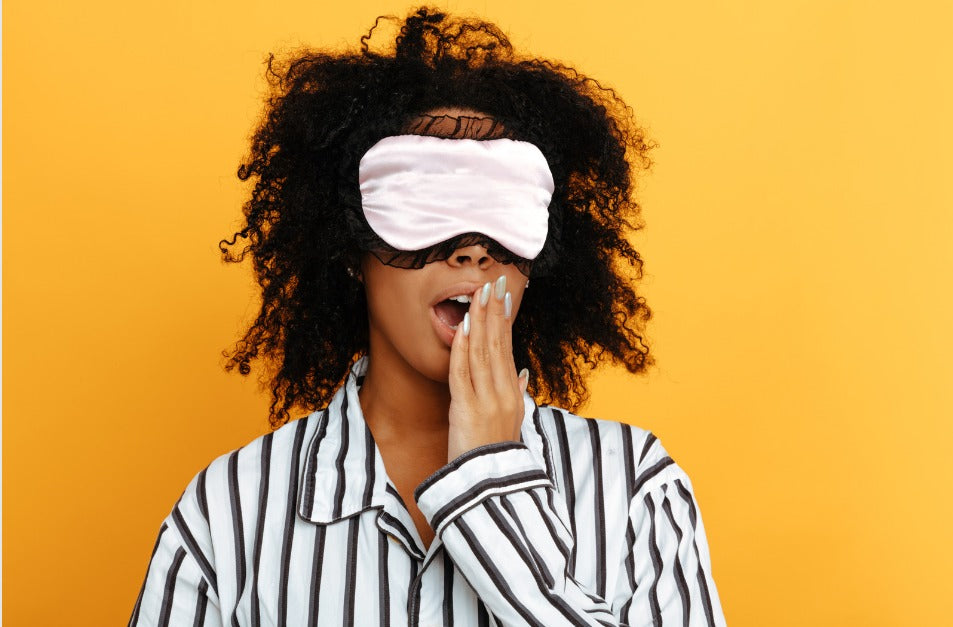
Best Sleep Essential Oils
Angelica HaviarasShare
How we sleep dictates how we function in the world. Our physical and emotional health, lifestyle, and way we interact in relationships are influenced by our sleep patterns. As an aromatherapist I find the sleep is the number one concern when speaking with my clients.
I'm here to tell you there is in fact hope in naturally improving your sleep quality with aromatherapy.
The fast-paced lifestyle of our society is constantly disrupting our sleep patterns. About 30% of people suffer from insomnia, and with that depression has a coexisting factor within people who have insomnia.Disrupted sleep can impair how we think, how our bodies operate, and risk chances of accidents. On top of that women are 1.4x as likely to suffer from insomnia than men.
Signs of insomnia include continuous difficulty falling asleep, staying asleep, and having consistently poor quality of sleep for at least 30 days, or 3 times a week.
If you believe you may be experiencing poor sleep patterns, or symptoms of insomnia it's important you begin practicing healthier sleep hygiene. Aromatherapy can be beneficial in helping you relax and enabling to restore normal sleep patterns.
Here is a list of the best sleep essential oils according to research studies.
Lavender (Lavandula Angustifolia)
Lavender essential oil promotes sleep and relieves anxiety due to the active components of linalool and terpineol. These two components target the central nervous system. Previous studies both on humans and mice have shown that lavender can promote more sleep by ingesting, applying to the skin, or inhaling its essential oil. I personally would avoid ingesting lavender essential oil as it is very potent. A better option would be to drink the dried flower as a tea a few hours before bed.
Neroli (Citrus aurantium)
A study by Jager et al (1992) found that neroli essential oil had a sedative effect on mice within the first 30 minutes of exposing the aroma. There are also overlapping benefits of neroli for anxiety but is quite an expensive essential oil.
Roman Chamomile (Chamaemelum nobile)
It's common knowledge that chamomile tea is wonderful as a natural sleep aid although there aren't many studies done on chamomile essential oil for sleep. Nevertheless, it is lovely to use in addition to other essential oils like lavender for a sleep essential oil blend.
Rose (Rosa damascena)
Known as the most popular aroma in the world, rose essential oil does have sedative effects on people. Although rose essential oil is extremely expensive you can invest in it, or use rose water to spray on your face or pillow.
Tips for Naturally Better Sleep with Essential Oils
1. Be consistent by making aromatherapy a routine.
I explain to people that the effects of using aromatherapy just once may not necessarily work. Applying aromatherapy everyday allows the body to absorb whatever essential oil blend you are using, which can take several days. I think it's important to use aromatherapy at least 2-3 weeks to begin seeing results for better sleep.
2. Develop healthy sleep rituals
Cutting out food and drinks like chocolate and coffee hours before you plan to sleep is very important. We can't be adding caffeine into our bodies as we try to wind down for bed. Avoid electronics like scrolling and watching tv at least 1 hour before bed. Drink warm teas like lavender, chamomile, or valerian root every evening to internally consume ingredients that promote sleep.
3. Try Aromanthi's Sleep Blend
I've created Aromanthi's sleep blend of english lavender and roman chamomile essential oils for better sleep. You can find it in a 10ml essential oil blend, my aromatherapy sleep inhaler, or therapeutic sleep spray. You can also view my sleep aid self-care bundle which contains all 3 of these products.
Reference
Buckle, J. (2015). Clinical Aromatherapy Essential Oils in Healthcare (3rd ed.). Elsevier.
This blog post was not intended to treat, prevent or cure any illness; and is not intended to be a substitute for medical advice provided by a doctor/ licensed professional.
